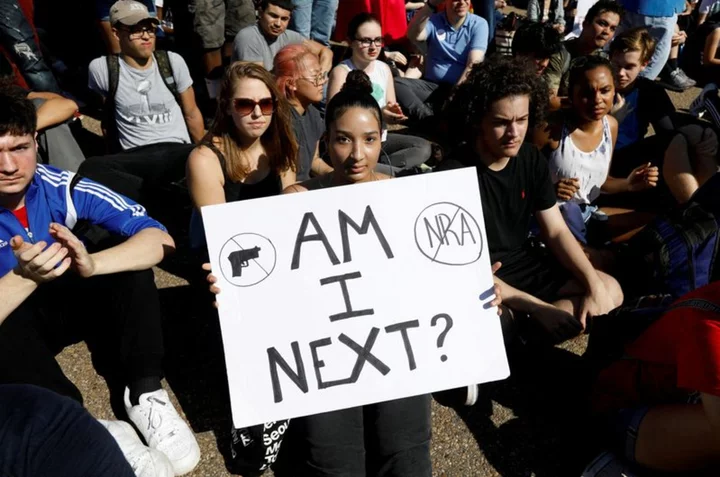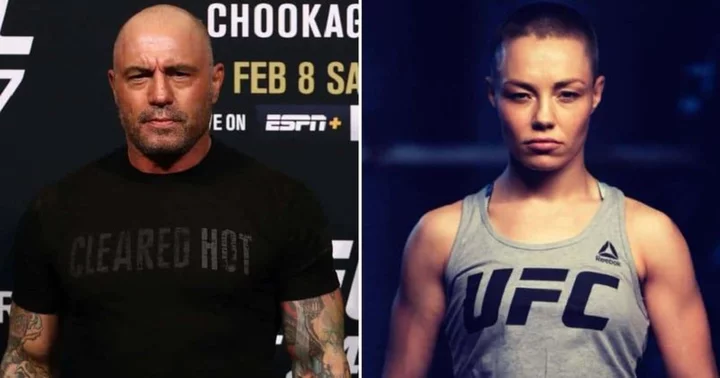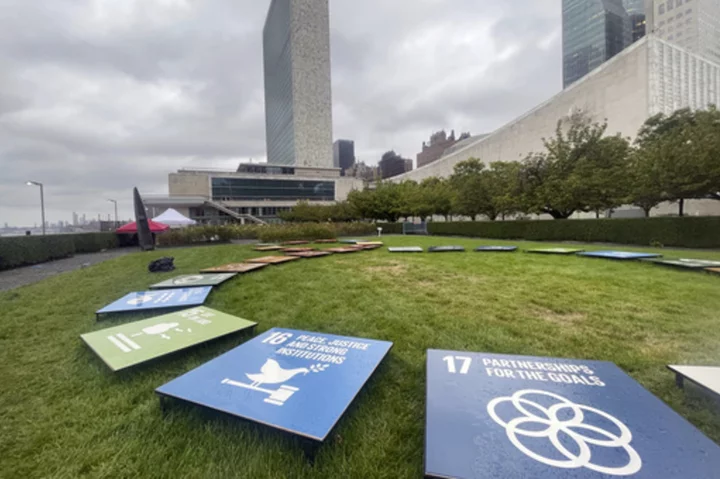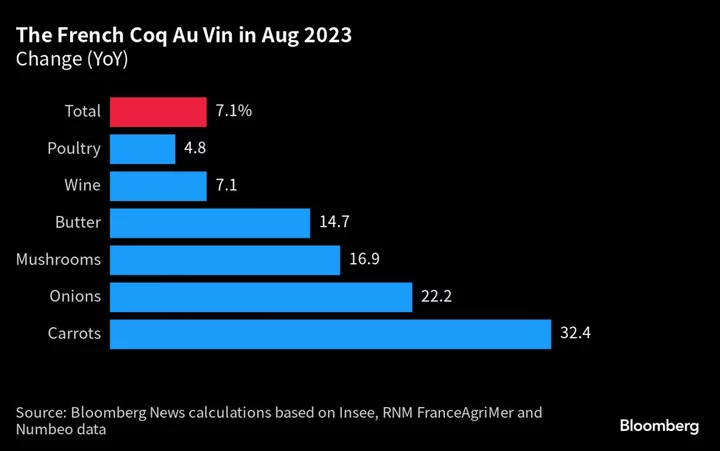By Nate Raymond
(Reuters) -A U.S. appeals court on Tuesday declared that Maryland's licensing requirements for people seeking to buy handguns were unconstitutional, citing a landmark U.S. Supreme Court decision last year that expanded gun rights.
A three-judge panel of the Richmond, Virginia-based 4th U.S. Circuit Court of Appeals on a 2-1 vote blocked enforcement of a 2013 Maryland law that required people to undergo training and background checks before applying for licenses to buy handguns, saying it violated the right to "keep and bear arms" under the U.S. Constitution's Second Amendment.
The Supreme Court's 2022 ruling in a case called New York State Rifle & Pistol Association v Bruen required gun laws to be "consistent with the nation's historical tradition of firearm regulation" in order to survive a Second Amendment challenge.
"Maryland has not shown that this regime is consistent with our nation's historical tradition of firearm regulation," U.S. Circuit Judge Julius Richardson, an appointee of Republican former President Donald Trump, wrote in the ruling.
Richardson called the Maryland law an "additional, preliminary step" that subjected law-abiding people to a 30-day waiting period before they could begin the usual process to acquire a firearm through a separate background check system.
Randy Kozuch, the executive director of the National Rifle Association's Institute for Legal Action, its lobbying arm, called it "a significant ruling for the Second Amendment and every American who cherishes our constitutional freedoms."
The NRA backed the lawsuit that challenged the law and covered the legal costs of the litigation, an NRA spokesperson said.
A spokesperson for Maryland Attorney General Andrew Brown, a Democrat who is defending the law, said his office was "weighing options for next steps in this case."
At issue was a handgun qualification licensing requirement adopted as part of Maryland's Firearm Safety Act of 2013, a broader gun control measure.
Prospective handgun buyers were required to submit fingerprints for a background investigation and take a four-hour-long safety training course. They would then wait up to 30 days before undergoing the rest of the usual process to buy a gun.
A gun rights group called Maryland Shall Issue sued in 2016 along with two individuals and a gun store, arguing that the restrictions violated the Second Amendment. But a lower court judge twice rejected their claims, prompting the appeal.
Richardson on Tuesday said the Supreme Court in 2022 "effected a sea change in Second Amendment law" when it struck down New York state's limits on carrying concealed handguns outside the home. The test set out under that ruling has led to a series of court decisions striking down federal and state restrictions on firearms.
Maryland had said its law mirrored historical limitations on "dangerous" people owning firearms. But Richardson said no historical laws worked by "preemptively depriving all citizens of firearms to keep them out of dangerous hands."
U.S. Circuit Judge Barbara Milano Keenan, an appointee of Democratic former President Barack Obama, dissented, saying the court majority's reasoning "would render presumptively unconstitutional most non-discretionary laws in this country requiring a permit to purchase a handgun."
(Reporting by Nate Raymond in Boston, Editing by Will Dunham and Alexia Garamfalvi)









